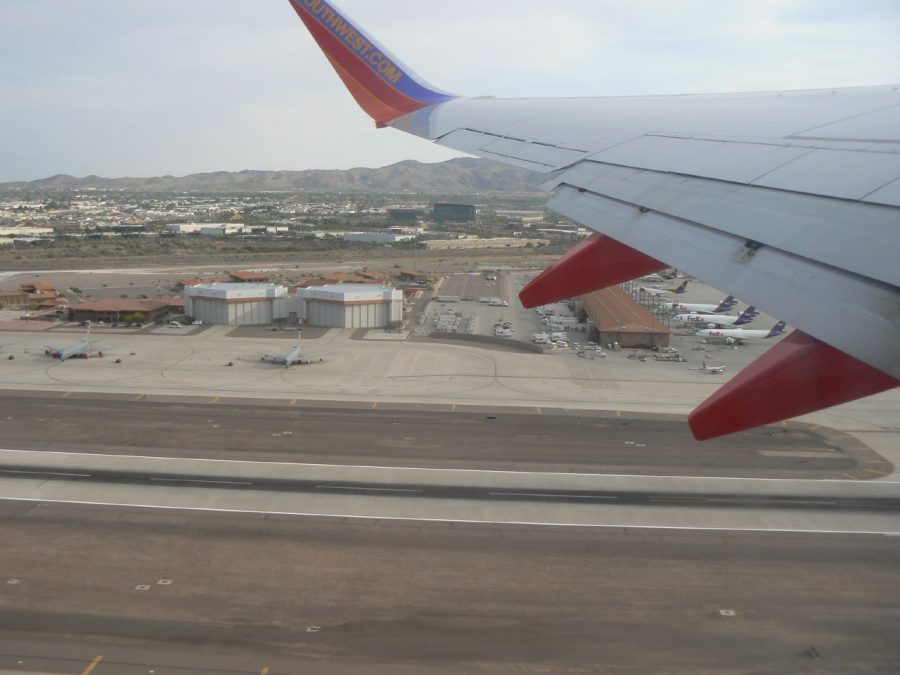Airline Pilots Association issues stark warning over amendment backed by Sen. Kyrsten Sinema that reduces pilot training hours
Putting corporate profits ahead of safety—“an unacceptable backsliding, a dangerous complacency in an industry where complacency kills”
Sky Harbor
June 19, 2023
A proposed Senate amendment backed by Sen. Kyrsten Sinema would allow the FAA to consider changes to the current required 1,500-hour rule for commercial airline pilot training.
Sen. Tammy Duckworth, D-Ill., directly attacked the amendment by warning of the possible dangers of the reduction.
“Simply put, reducing hours … represents a serious risk with no reward. It represents an unacceptable backsliding, a dangerous complacency in an industry where complacency kills,” Duckworth said.
“Now is not the time to put corporate profits ahead of the lives of our constituents who may want to board a commercial flight in the future. A vote to reduce a 1,500-hour rule for pilot training will mean blood on your hands when the inevitable accident occurs as a result of an inadequately trained flight crew.”
Sinema’s spokesperson issued a statement saying the amendment would not undermine safety as Duckworth said.
A shortage of pilots reportedly exists especially within some smaller domestic airlines and the Regional Airline Association representing these smaller lines supports the proposed reduction of training hours.
But in a letter to senators on Thursday, the Air Line Pilots Association, which represents some 74,000 pilots, said in the letter that the amendment ‘undermines the current aviation safety regime that has resulted in the safest period in air travel in history.’
The amendment would change the way credit hours are tallied, allowing some pilots to fly with as little as 500 hours of training, a return to rules as they existed before a 2010 overhaul by Congress, the association wrote.
The Air Line Pilots Association also stated that the amendment would effectively allow some pilots to fly with as little as 500 hours of training, a return to pre-2010 standards before Congress overhauled training requirements.
“It was this shameful era of training pilots quickly and on the cheap and the resultant series of tragic accidents, including Flight 3407 outside of Buffalo, N.Y., that led Congress to pass” changes, the group wrote.
Even a mention of reducing flight training hours for commercial pilots was not received well with summer travelers through Sky Harbor Airport.
Cindy Helmond flying out of Phoenix and back to her home in Pennsylvania told Northeast Valley News, “The only reason I travel by plane is that it’s safe and somewhat affordable, but safety and profit shouldn’t compete.”
Democrats have largely opposed changing the training rules, and they have joined the Biden administration in targeting what they call corporate malfeasance in the airline industry.


